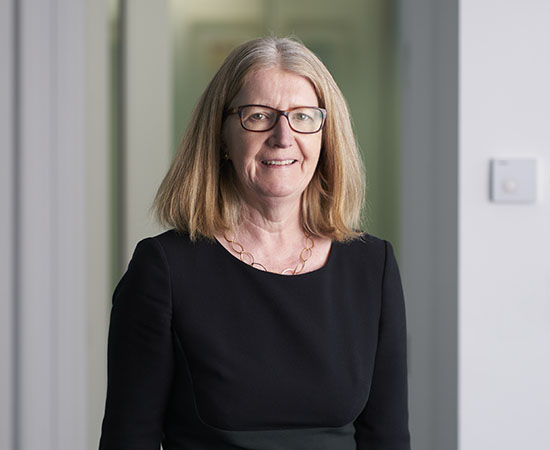For every instance of financial abuse that comes to light, 24 cases are thought to go unreported so, says Ann Stanyer, professional advisers have a real gatekeeper role to play in protecting vulnerable elderly clients
As professional advisers we will deal with clients from all walks of life and, among them, the elderly can need careful attention and special skills. This is especially the case where the circumstances for any instructions come from a relative or friend of the elderly person, rather than directly from the new client.
This should be a first warning sign that particular attention is required in dealings with this client. We should be on our guard to ensure that financial abuse is not taking place and that we are not being asked to help facilitate that abuse.
So how does financial abuse arise? One of the more recent definitions of financial abuse appears in section 42(3) of the Care Act 2014, which states it includes having money or other property stolen, being defrauded, being put under pressure in relation to money or other property, and having money or other property misused.
Research has shown how vulnerable the elderly are to financial abuse. In the UK – as is the case for much of the developed world – the elderly population is increasing and the elderly now share a large proportion of the country’s wealth, mainly through property ownership. These two factors set the scene for financial abuse, some of which is opportunistic but can also arise through serial abuse.
Incidents of such abuse can start off at a fairly low level – frequent requests for small amounts of money, family members moving into the home without consent and without prior agreement on sharing costs, pressuring the client to sign over property, taking money, cashing a cheque or using credit or debit cards without permission.
Such cases very often find their way to the Court of Protection. This court deals with adults who have lost their mental capacity. Research shows that financial abuse is the fastest growing of all types of elder abuse and represents around one-quarter to two-fifths of all reported cases.
Ideally, the elderly should take the trouble to sign a lasting power of attorney for their property and financial affairs. Specific guidance can be given by professional advisers to ensure the clients’ wishes are respected when carrying out financial decision-making on their behalf.
Restrictions in the lasting power of attorney can also be made to stop attorneys from making gifts on their behalf and requests can be made for financial transactions to be audited on an annual basis by an independent third party to ensure another layer of security.
Keeping it in the family
There is no doubt elderly clients will, more often than not, want to appoint their children to be their attorneys for finances and property. This gives the clients comfort that their children will manage their funds for the client’s benefit.
Unfortunately, however, this is not always the case. As parents live longer, their needs will increase and so will their dependence on those closest to them. If a parent has moved in with a son or daughter or the adult child has moved to live with the parent, then the emotional tie will be strong. Add into the mix that that child has a power of attorney to manage the parent’s finances and, in the wrong hands, this could cause problems.
Recent Court of Protection cases illustrate how toxic this mix can become when the parent/child relationship becomes one of emotional and financial dependence. Where an elderly client has been recently bereaved – especially in the case of a widow who has not previously managed the family finances – the financial dependence on someone close to them will be enhanced.
Abusing attorneys who have transferred assets into their own names or made unauthorised gifts often describe such transfers as “my inheritance”, an heirloom, gifts or loans. The perpetrator will justify their action with statements such as “it will be mine soon anyway”, “she would want me to have it” or that all the family’s money should be pooled or it will mean the local authority cannot take her home away from her.
Without further research, it is difficult to say definitively whether perpetrators set out to target elderly relatives. It may simply be that a combination of wealth, an aged relative with diminishing faculties, and an individual with the time and means to carry out the abuse leads to the many instances that do arise.
It is said that, for every instance of financial abuse that comes to light, 24 cases go unreported. As professional advisers we can do so much more to protect the elderly and those who have their best interests at heart. If we become aware of the warning signs, we should sensitively raise concerns with the client to alert them to possible problems.
We can advise them to have sensibly drafted powers of attorney appointing attorneys to act for them who they fully trust as financial managers and who show no conflict of interest. We can ensure that, if they need safeguarding, we will take steps to alert the authorities, be it the police or the Office of the Public Guardian.
Professional advisers have a real gatekeeper role here and we can all assist in protecting our clients against this hidden abuse.





